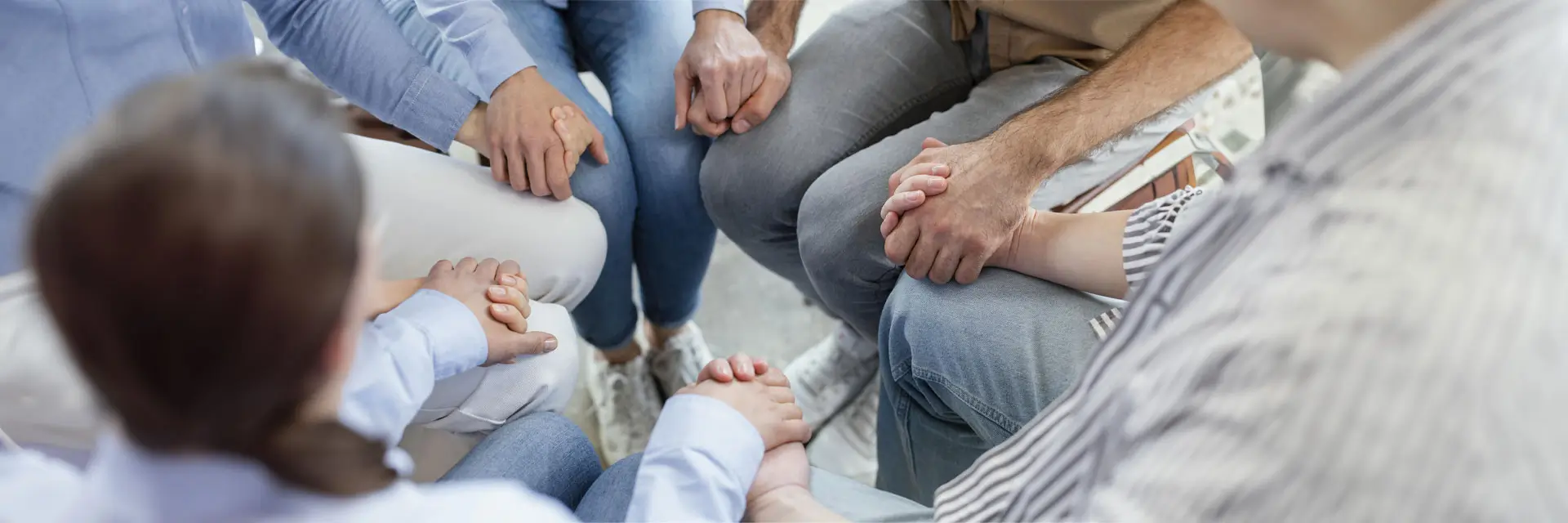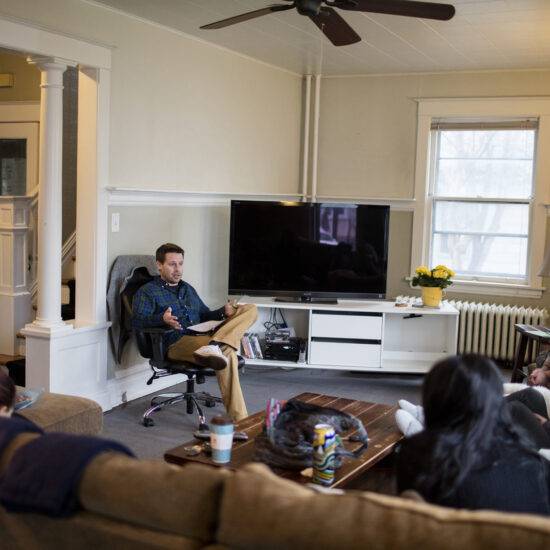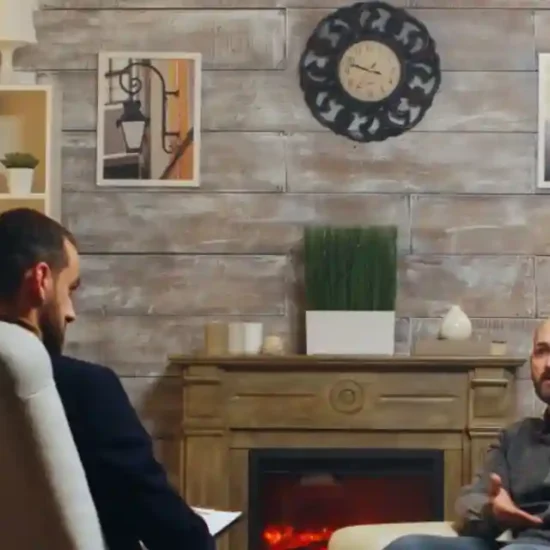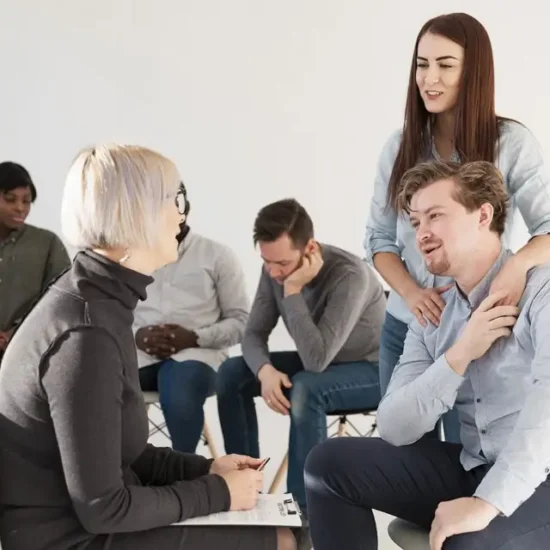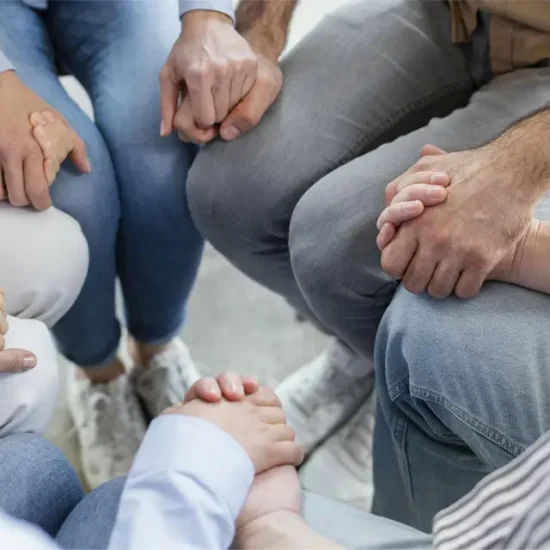Supporting someone with addiction often feels challenging and exhausting. The stress and emotional weight often lead to loneliness and sadness. Addiction affects the whole family, bringing pain and uncertainty to everyone involved. Joining a support group is one of the best ways for families to find hope. In a caring, understanding space, families connect with others facing similar challenges, finding strength and useful tools to help them cope.
This blog explores various support groups for families of addicts, explaining the resources and benefits they provide. We’ll cover the best options and show how these groups can be life-changing.
Support Groups for Families of Addicts
Support groups for families of addicts provide safe spaces where families can openly share their experiences, feelings, and struggles. In these groups, they connect with others who truly understand, getting support that friends or coworkers may not offer. These groups help families better understand addiction and manage relationships with their loved ones.
These groups offer empathy, shared experiences, and a strong community, helping families find tools to cope and grow.
What Are the Best Support Groups for Families of Addicts?
Choosing the right support group depends on the family’s needs, values, and specific experiences with addiction. Here are some of the most established and supportive groups:
Types of Support Groups for Families of Addicts
1. Al-Anon Family Groups
Al-Anon, founded in 1951, remains one of the oldest and most trusted support groups for families facing alcohol addiction. It offers a space for family members to share experiences and learn ways to live healthier lives despite the challenges of addiction.
Statistics: An Al-Anon study found that nearly 88% of members felt their mental and emotional health improved after attending meetings.
2. Nar-Anon Family Groups
Nar-Anon is a support group for families affected by drug addiction. Like Al-Anon, it offers a safe, non-judgmental space for families to share issues, ask questions, and find solutions together. Nar-Anon follows a 12-step approach, helping families focus on their own health and recovery while coping with a loved one’s addiction.
Statistics: According to Nar-Anon’s official website, the program has helped thousands of families gain greater resilience and emotional strength.
3. Families Anonymous (FA)
Families Anonymous (FA) is a 12-step program designed for families affected by drug and alcohol addiction. FA helps families understand addiction, protect their own well-being, and set healthy boundaries. It’s open to all families affected by addiction, offering a supportive community for those who feel alone and helpless.
Fact: Research from the Substance Abuse and Mental Health Services Administration (SAMHSA) shows that family involvement in recovery is important. It highlights that support from family helps improve long-term outcomes for people fighting addiction.
4. Family Services Programs Offered by Substance Abuse & Rehab Centers
Many rehab centers offer family services as part of their treatment. These services include support groups, family counseling, and addiction education. By participating, families learn how to communicate better with their loved ones and set healthy boundaries to help with healing.
Statistics: A report by the National Institute on Drug Abuse (NIDA) shows that family-based treatment is highly effective. It leads to higher recovery success and lower relapse rates when families are actively involved.
Benefits of Joining Support Groups for Families of Addicts
Families impacted by addiction face unique challenges. Support groups for families of addicts provide numerous benefits that help them navigate these hardships.
- Connection: Being in a support group connects families with people who understand their struggles. This helps reduce feelings of isolation and creates a sense of belonging.
- Education: Support groups provide educational resources and discussions about addiction, helping families understand its science and psychology. This knowledge empowers families and helps them handle challenges more effectively.
- Empowerment: Support groups teach families practical skills like setting boundaries, managing stress, and communicating well. These skills help families take care of themselves while supporting their loved ones.
- Emotional Relief: Support groups provide a safe space for family members to share their emotions without being judged. This helps them feel relieved and better cope with difficult feelings like anger, guilt, and sadness.
FAQs
Q: What is the name of the group for family members of addicts?
A: Al-Anon, Nar-Anon, and Families Anonymous are top groups for families of addicts. They offer support, guidance, and a safe space to share experiences. Joining these groups helps family members gain insights, connect with others in similar situations, and learn healthy ways to cope with their loved one’s addiction.
Q: How can families cope with a loved one’s addiction?
A: Families can cope by joining support groups, setting boundaries, and learning about addiction. They need to prioritize their mental and emotional health. Counseling, self-care, and connecting with others in similar situations can help family members manage the emotional effects of addiction.
Q: What exactly is a support group for families of addicts?
A: A support group for families of addicts is a community where members can share their struggles, get advice, and find emotional relief. These groups offer a safe space, helpful resources, and coping strategies to better understand addiction. They build connection and strength, giving families hope through shared experiences.
Conclusion
Support groups for families of addicts help families find strength, resilience, and peace while dealing with addiction. Whether it’s Al-Anon, Nar-Anon, Families Anonymous, or rehab programs, these groups offer the support families need to heal. The connections made can turn isolation into understanding and hope.
For families of addicts, support groups are more than just meetings—they are a community that helps them face challenges together and work toward healing. Joining a support group can be the first step in changing a family’s journey through addiction.
If you’re ready to take the first step toward healing, connect with a supportive community at BHouses. Find strength, understanding, and a community that can help you and your family navigate the challenges of addiction together.
